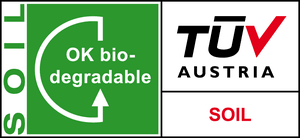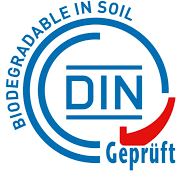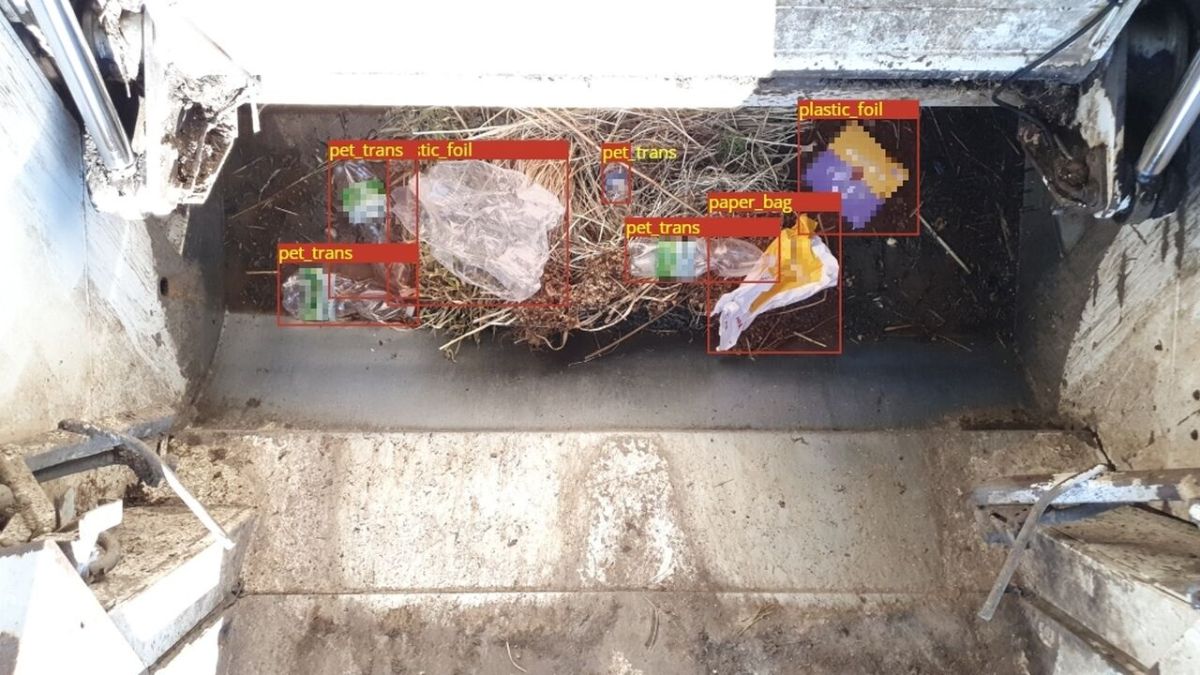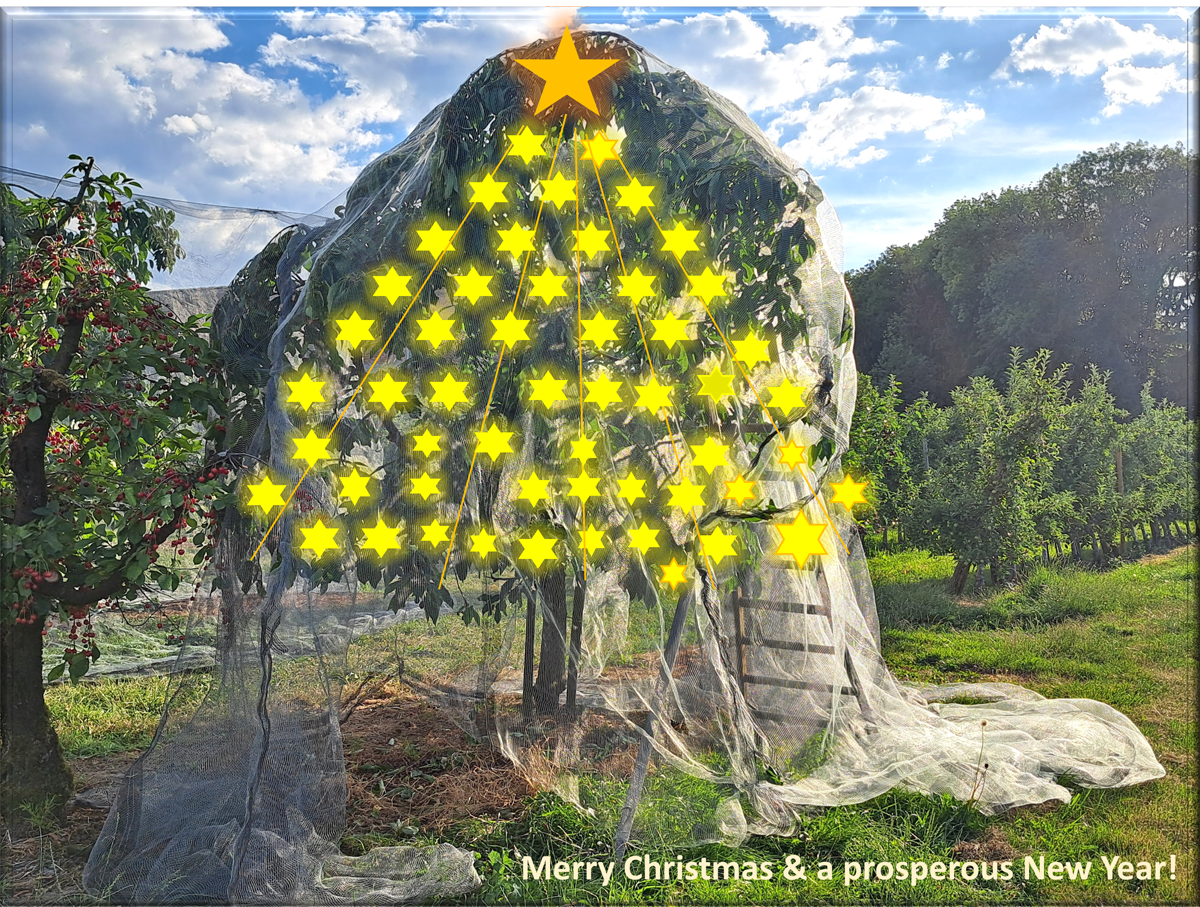Newsletter no. 4
highlights some recent events and activities within the NETmicroplastic network such as our webinar and our questionnaire-based surveys conducted among various stakeholder groups. It presents a review of NETmicroplastic’s first project year and gives an outlook towards upcoming activities in 2024.
NETmicroplastic Webinar
KUNSTSTOFFE UND KOMPOSTIERUNG
On 8 November 2023, the AIT Austrian Institute of Technology and Bündnis Mikroplastikfrei co-organized a NETmicroplastic Webinar on the topic „KUNSTSTOFFE UND KOMPOSTIERUNG – Aktuelle Herausforderungen und Innovationen zur Mikroplastikvermeidung“ (in German). Speakers representing industry, municipality, and academia gave expert talks followed by a discussion with the online audience on how to improve waste management, including measures to reduce plastic in organic waste bins and finally in compost production.
Silvia Seizer (Brantner GmbH, Digital Solutions) presented an AI controlled scanner for detecting disruptive substances that is directly built into garbage trucks to evaluate the collected waste and identify locations with high miss rate. In the future, a rating could be applied to the locations as a basis for a bonus system. The scanner is already in use in some cities in Austria and Germany and currently allows distinguishing among 32 different substances. Thomas Prenner from GVU Scheibbs (Community Scheibbs) shared his success story of introducing the so-called „Bio-Kreislauf-Sackerl (BKS)“ in Scheibbs and Melk in 2020. In these two towns and surrounding areas, the fully compostable BKS bags were put into general use as packaging bags in all retail sale, replacing all other plastic carrier bags, which resulted in considerably reduced amounts of non-compostable plastic in biowaste, especially in combination with intensive public relation activities. Christian Zafiu (BOKU – University of Natural Resources and Life Sciences) reported the results of a rot monitoring study using IR spectroscopy for plastic type identification, showing that after more than 2 weeks no biodegradable plastic larger than 10 mm was found. Discussions on the plastic challenge in the composting process revealed the necessity for a clear and uniform labelling scheme for carrier bags, which would allow better recognition with a KI scanner system (to distinguish from non-compostable plastic) and facilitate proper use and disposal by consumers, especially if broadly communicated to avoid confusion with other ecolabels.
Brantner Green Solutions was awarded for a contaminant scanner.
(Picture: Brantner)
NETmicroplastic Survey with farmers from Lower Austria
An online-survey using questionnaires with 18 questions on resources and equipment in agriculture was conducted in cooperation with the Agricultural Chamber of Lower Austria. 57 farmers participated in the survey, and the questions were answered by 33 farmers on average. The majority of respondents (67%) use plastic equipment like foils and nets for protective purposes. 90% buy those resources and equipment from specialist retailers. The majority of respondents (85-100%) know that foils, nets, irrigation pipes, clips and growth sheets contain or are made of plastic, while knowledge is limited on plastic in fertilizers (14%), treated/coated seeds (9%) and plant protection products (36%).
The question whether farmers had ever used products not made of conventional plastic was answered with yes by half of the respondents. About 60% of these farmers stated that, in their experience, bioplastic products had poor durability and thus increased workload, apart from difficulties in application. Products often were found not as long-lived as conventional products but convenient, since the bioplastic can be left on the field.
Most farmers (77%) did not have any negative experience with any type of plastic products. Reasons mentioned for negative experience were plastic occurring on the fields due to littering and wind transportation, and clips and strings being left on the ground that later on turned up in the tillage equipment.
The majority of respondents (87%) would like to test alternative products, especially strings for stem bonding in vineyards and for straw bales, irrigation products, fertilizers and plant production products, if they were in the same price range and of comparable quality regarding handling and durability as conventional products. Recognition of certification labels for biodegradable plastic products (as shown in the graphs below) was poor, as only 21% of the respondents recognized the TÜV Austria label and only 3.4% had ever heard about the DIN label. The TÜV Austria OK biodegradable SOIL label guarantees that a product is completely biodegradable in the soil with no adverse effects on the environment. DIN CERTCO offers certification for mulch films, intermediates and materials according to DIN EN 17033 : Plastics – Biodegradable mulch films for use in agriculture and gardening.
What can we do to get farmers better involved and better informed about new trends? According to the questionnaire most likely through webinars (73%) and awareness raising by the Agricultural Chamber (63%). In fact, the outcome of the questionnaire will be published in January 2024 in the journal “Die Landwirtschaft”, a monthly journal edited by the Agricultural Chamber of Lower Austria that reports on production-engineering, economic aspects, and agricultural policy issues.


NETmicroplastic Review 2023 and outlook 2024
As the countdown to the end of year has begun, let us look back onto NETmicroplastic’s first year, its fun moments and achievements. 2023 was an intense year of networking: End of April we hosted a full-day stakeholder workshop on the AIT/UFT campus in Tulln, where relevant stakeholders and the interested public shared their knowledge and ideas on the use and fate of (micro)plastics in agriculture. In November, AIT together with Bündnis Mikroplastikfrei organized a Webinar on the challenges of microplastic in composting, featuring experts from industry, municipality, and academia (see this newsletter). Moreover, in 2023 we have built a public database (accessible via https://www.net-microplastic.eu/database) that comprises ongoing and past Austrian and European projects on (micro)plastic in soil, (bio)plastics recycling, and the development of alternative biodegradable plastic materials, in addition to information on relevant policies & strategies (government-driven efforts) and initiatives (public-driven efforts).
Several surveys have been conducted. Our survey among students of Austrian universities/FHs/agricultural schools assessed their level of knowledge about microplastic in soil, while a survey among compost facility owners and compost plant manufacturers was focused on the challenges of plastic in composting. Also, we ran a survey among local farmers (addressed via the Agricultural Chamber NÖ) on the use of plastic products and equipment (see this newsletter). Our final survey targeting the bioplastics industry with a focus on the technological and economic assessment of bioplastic materials is still ongoing.
The collective results obtained from the Stakeholder Workshop including the World Café-discussions, our various surveys and the online-database shall feed into publications in scientific and sector-specific journals and in district newspapers and shall allow the formulation of policy recommendations to stimulate use of biomaterials and circular economy approaches. Specifically, NETmicroplastic results are flowing into the interim evaluation of the Austrian Action Plan Aktionsplan Mikroplastik 2022–2025 (bmk.gv.at) (contributions still possible till 31st December, 2023) and will initiate a Roadmap Consultation Workshop planned for June 2024 at the AIT/UFT campus in Tulln.
That’s all (for now)
“Look deep into nature, and then you will understand everything better”
(Albert Einstein)




